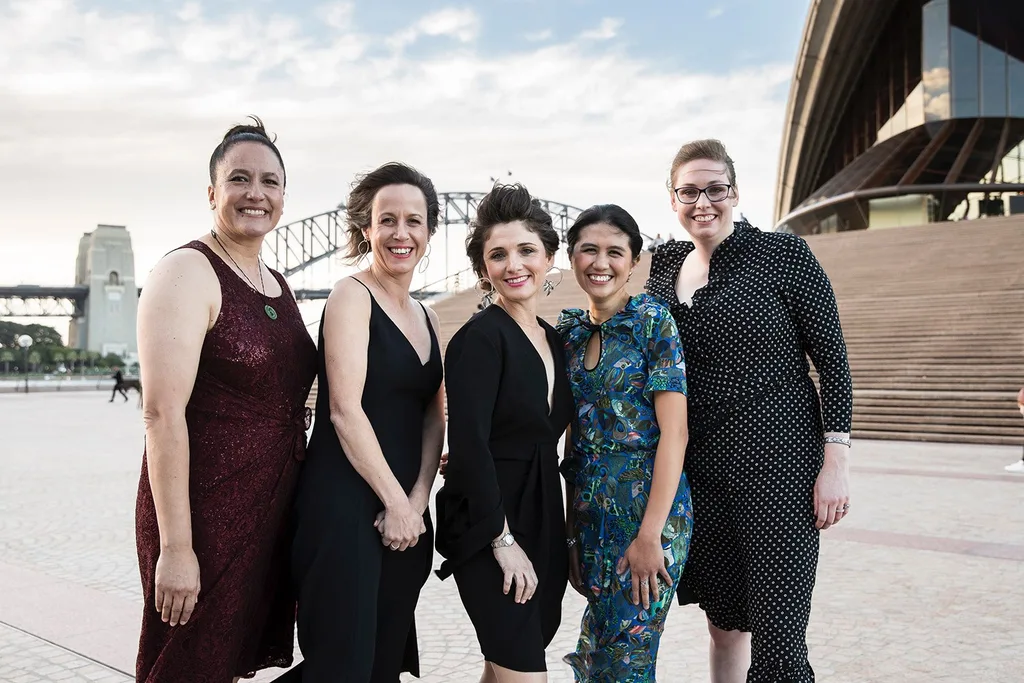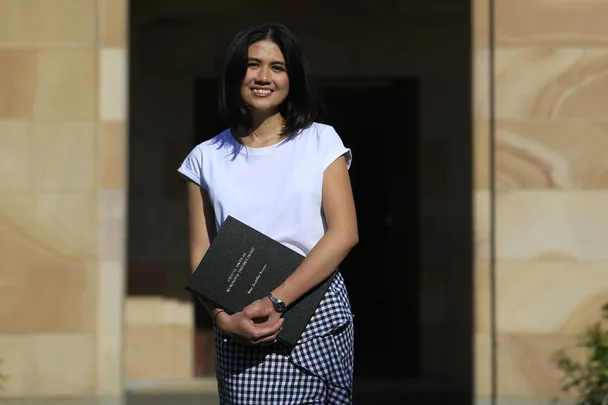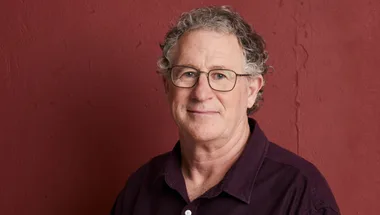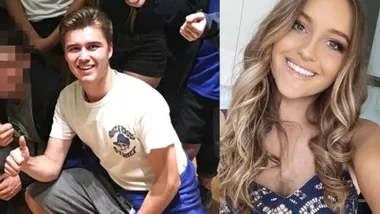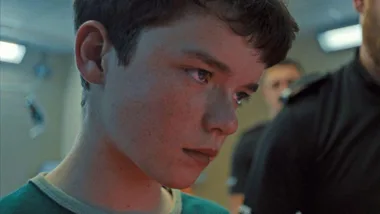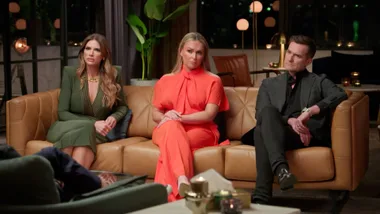Dr Jacquiline Romero starts her day at 6am when her 19-month-old son wakes up. After the morning rush of breakfast, school uniforms and teeth brushing, she drops her oldest son at school and her youngest two boys at nursery before heading to her office at the University of Queensland. There, in the Quantum Technology Lab, Romero encodes information into different shapes of light to create a unique quantum encoding system.
It’s all in a morning’s work for Romero, who often gets asked how she juggles her work and three kids. “In my work and in my family, I really try to be present in the moment – that’s important for both productivity and happiness,” she says. “I do not feel less of a physicist because I am dedicated to my children, nor less of a mother because I am dedicated to physics.”
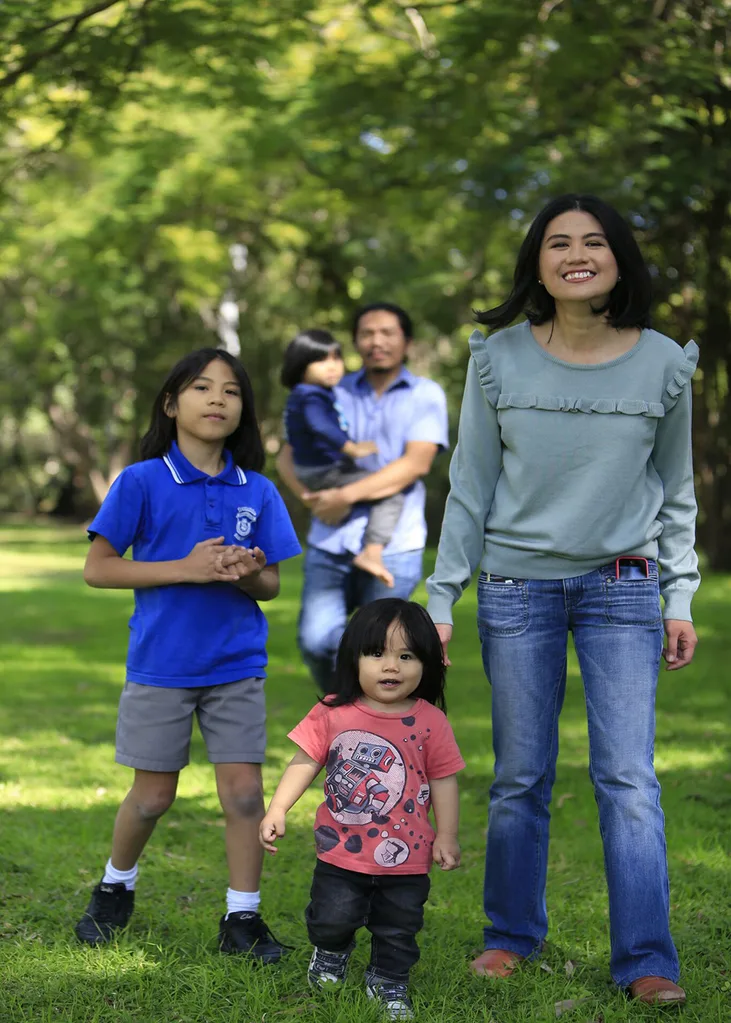
Romero, who fell in love with science as a child when her uncle gave her an algebra book, is passionate about encouraging women to get into the industry. Currently, only 28% of researchers are women.
“When half of the population does not have the optimal condition to be able to participate in this very important industry, the you are undermining the science that you can do, you are undermining the technology that you can deliver. It’s really important for all of us – men and women – to be able to participate,” explains Romero, who thinks female role models are the key.
“The reason I am still in science is because I had supportive mentors who never made me feel like I was going to do less because I am a woman or became I am a mum. Female role models are really necessary,” she says.
That’s why the L’Oreal-Unesco For Women in Science (FWIS) program, which was founded to ensure that women are fairly represented at all levels in science, is so important. Romero was thrilled to win a FWIS fellowship on Tuesday night, and will use the $25,000 award to accelerate her research, go to conferences and pay for childcare.
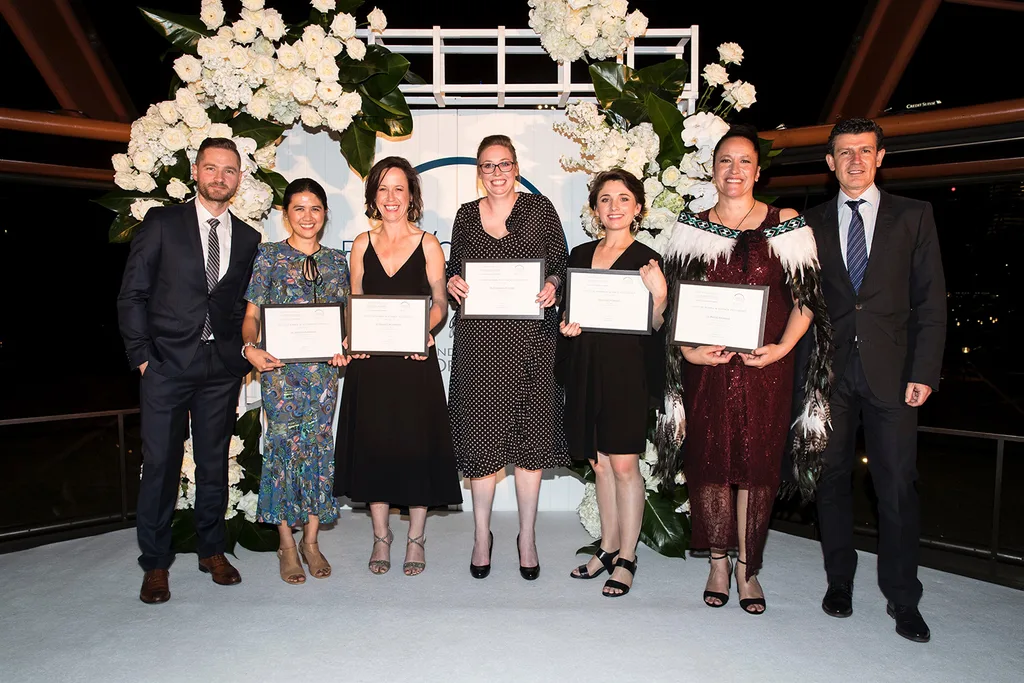
More than the practical help, Romero says the fellowship is an affirmation of all the hard work she’s done – and an encouragement for other women. “I want to see more mothers in science – so being able to share my story and to show that mothers can succeed in science is really important to me,” Romero says.
Her desire to get more women in science is only a tiny bit self-serving. Working in a male dominated industry and living with four men, Romero says she craves female company. “It’s important to have girlfriends around. I do crave time for shopping,” she says with a laugh, and hopefully, with the help of her FWIS fellowship, she’ll get to hit the shops soon.
